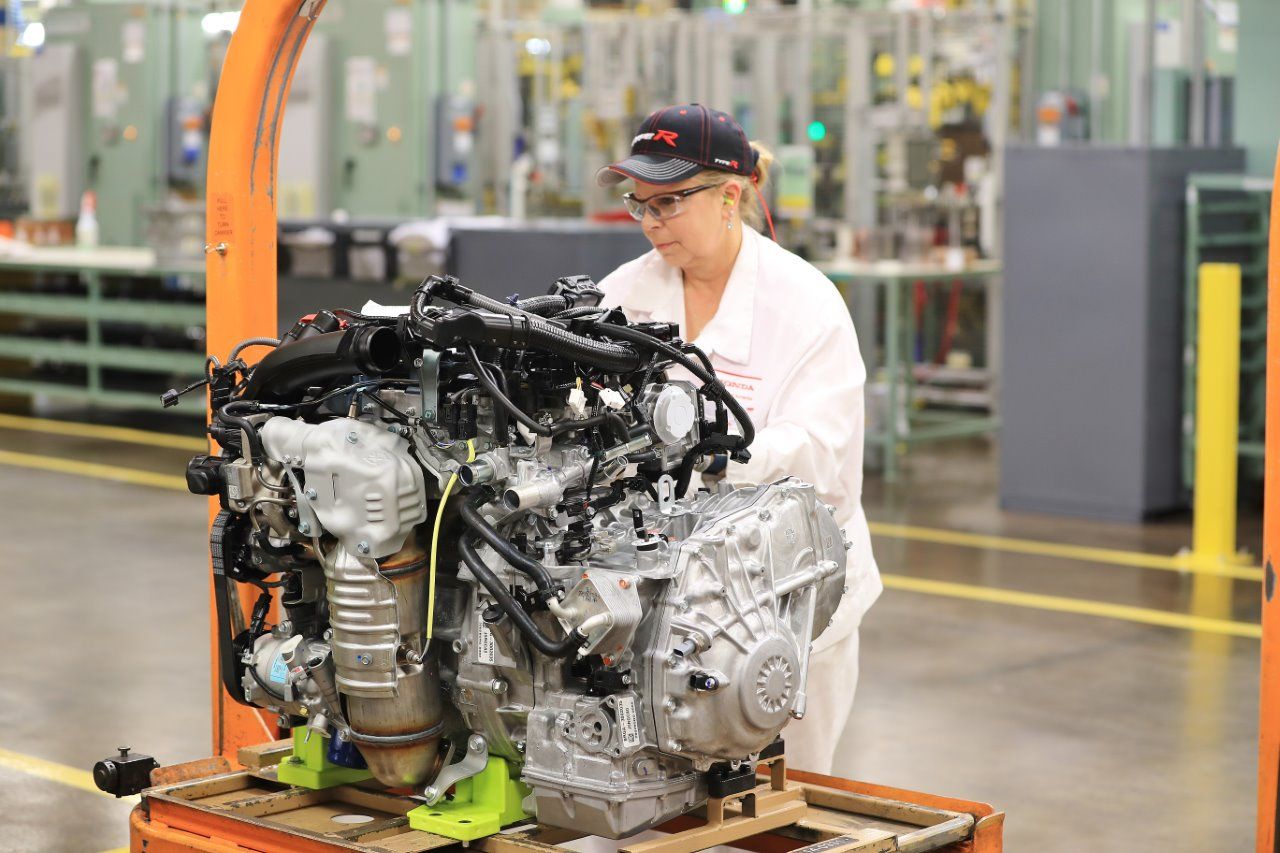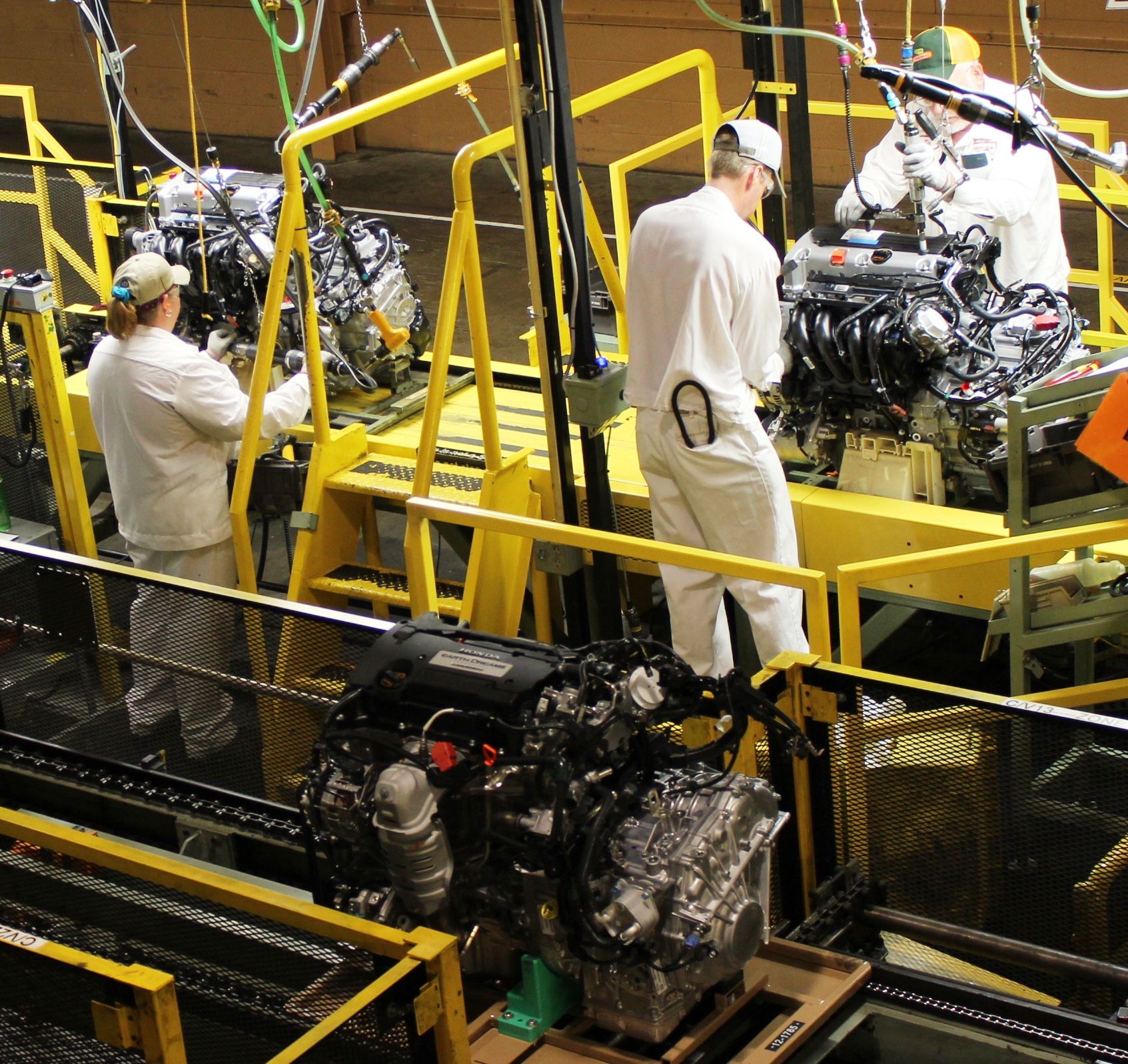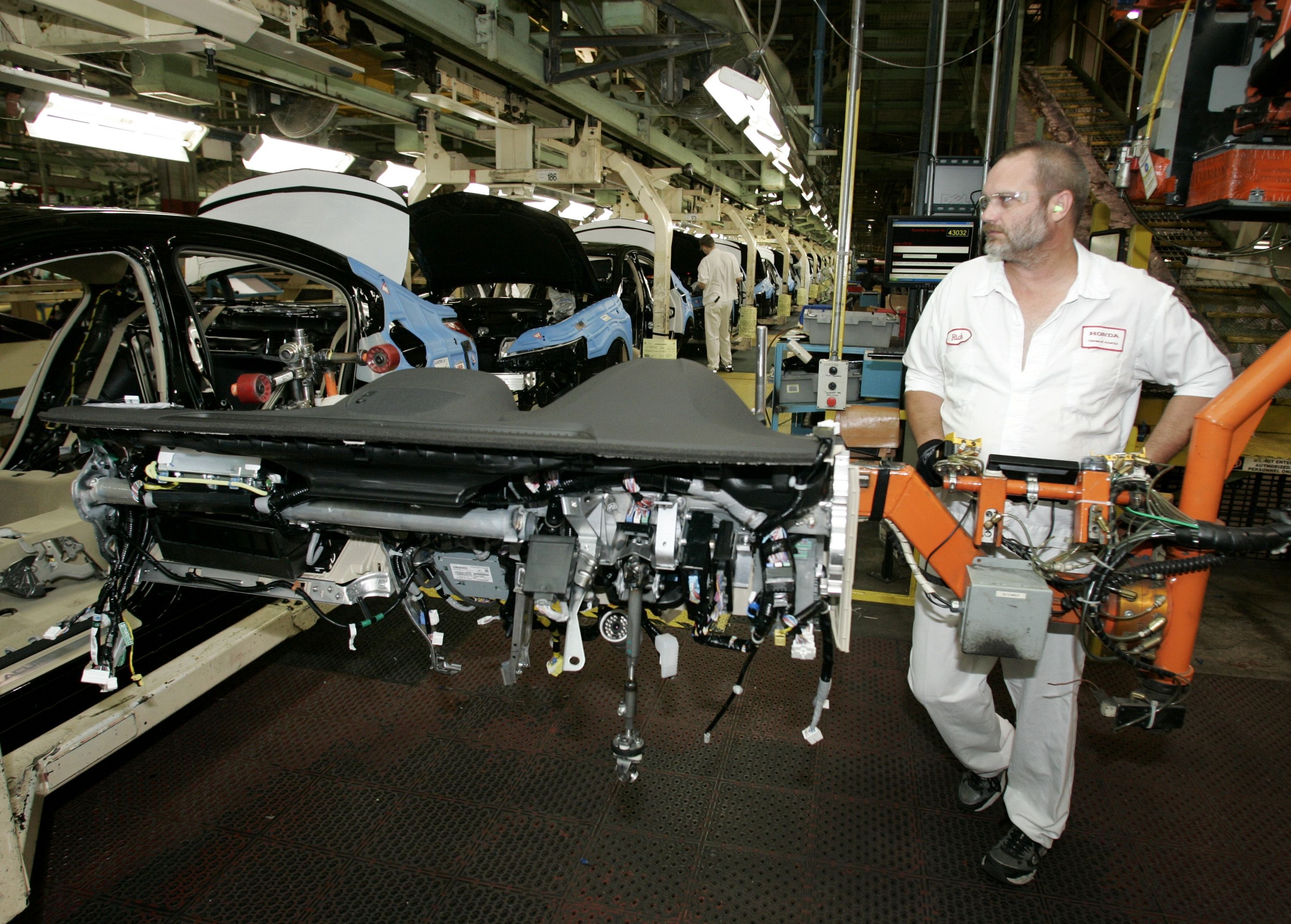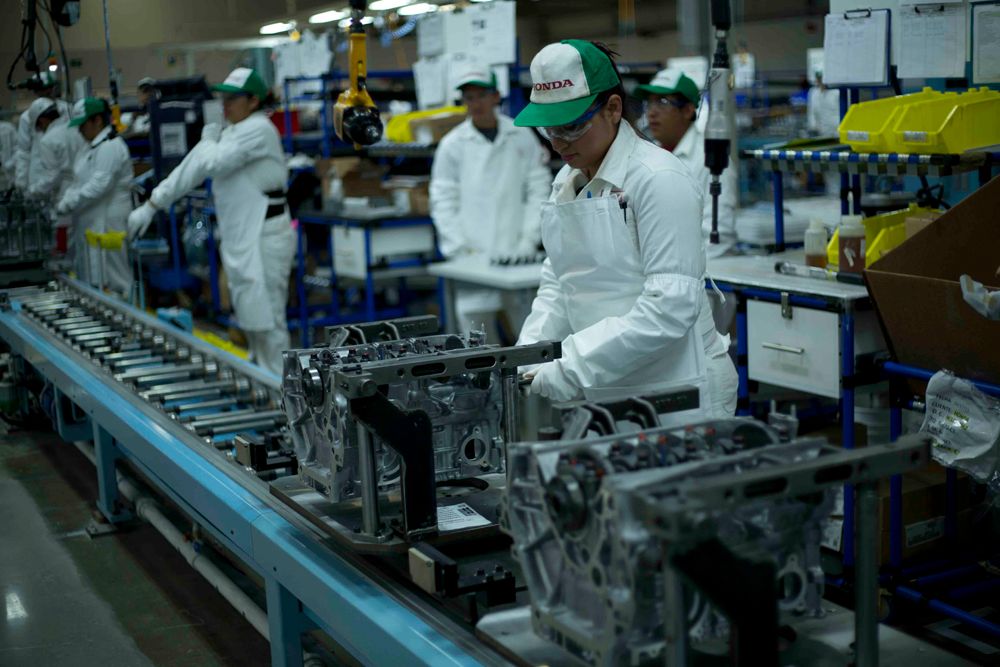Fears that automation in the auto manufacturing sector will make the human worker redundant are widespread. However, according to a recent report from Bloomberg, the current state of technology still requires a human touch to do the job right.
Continue reading for the full story.
The Full Story
Back in the late 1700's, the Industrial Revolution ushered in a glut of technological progress as a means of replacing traditional hand production practices, completely upending a variety of manufacturing sectors and forever changing society. These days, the idea of supplanting humans with robotic replacements is still a hot topic, especially in the auto industry, with many workers worried their jobs will soon become a thing of the past. However, Toyota and Honda are adamant that humans are still a vital part of the auto assembly process, as reported by a recent article published by Bloomberg.
Honda, for example, considers the human worker to be irreplaceable, as evidenced by the ratio of humans to robots at its plant in Marysville, Ohio, where it builds the popular Accord four-door. “We can't find anything to take the place of the human touch and of human senses like sight, hearing and smell,” said the chief operating officer at Honda's Ohio manufacturing unit, Tom Shoupe, in an interview with Bloomberg.
Meanwhile, Toyota, which produces the popular Camry at its facility in Georgetown, Kentucky, has no further plans of adding any further automation. The same holds true for Mercedes-Benz, which, according to production chief Markus Schaefer, is actually Bloomberg, relying instead on human hands to install all the optional equipment offered on its various models.
In fact, as Bloomberg points out, a recent study from the Bureau of Labor Statistics indicates that auto manufacturing jobs in the U.S. are actually on the rise since the late-2000's financial crises.
Not that the robots aren't helpful. For example, to build the Accord, Honda uses a machine to lift up the rear suspension and place it into the body. However, human workers are still needed to install the brackets and bolts required to keep it attached, as well as inspect the work afterwards, a job that, so far, no robot can accomplish. Or at least no robot that makes sense to integrate into the production process, that is.
“You have to have timing. I don't think robots can take over. They don't have the manual dexterity or judgment that we have,” said James Erwin, a 15-year veteran at Honda's Marysville plant, to Bloomberg.
At the other side of the equation is Tesla, which is pushing for full automation wherever possible in the hopes of speeding up the assembly process and meeting its goal of producing 5,000 Model 3 sedans a week. So far, the electric car maker is lagging, dropping its goal to 2,500 units for the first quarter of 2018.
Autonomous cars are also intrinsically tied to these automation fears, with the idea that taxi drivers, freight drivers, and delivery drivers will soon get the boot in lieu of self-driving vehicles. However, the rate of technology development means that while that's certainly a possibility for the future, the next few decades looks to be pretty safe for job security in these areas. We still have a long way to go before driverless cars move from the lab and onto the highways in any meaningful way.
All told, the fears that robots will eventually take over human jobs are not completely unfounded. However, the timeline for their integration is looking to be far longer than some may claim.
Bloomberg0}
de-automating
Bloomberg
Bloomberg




